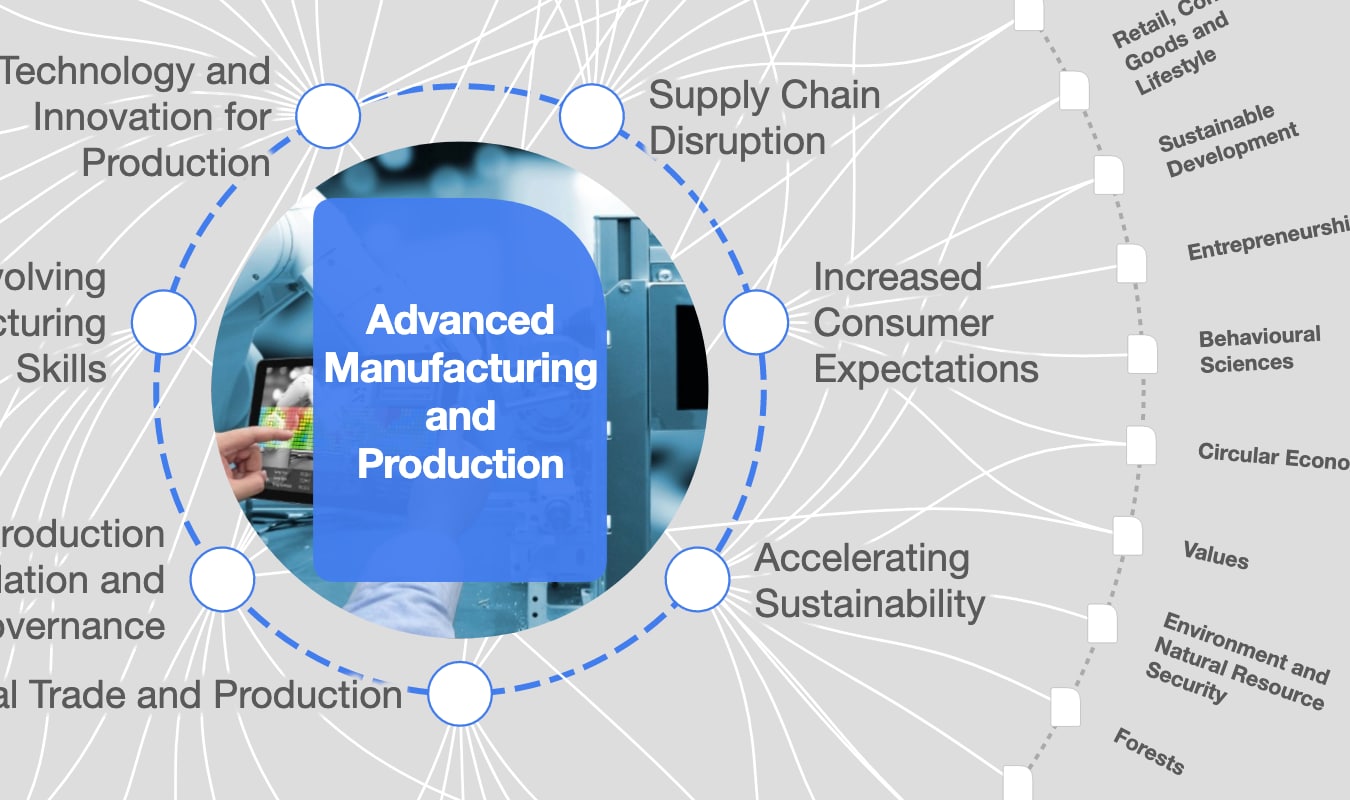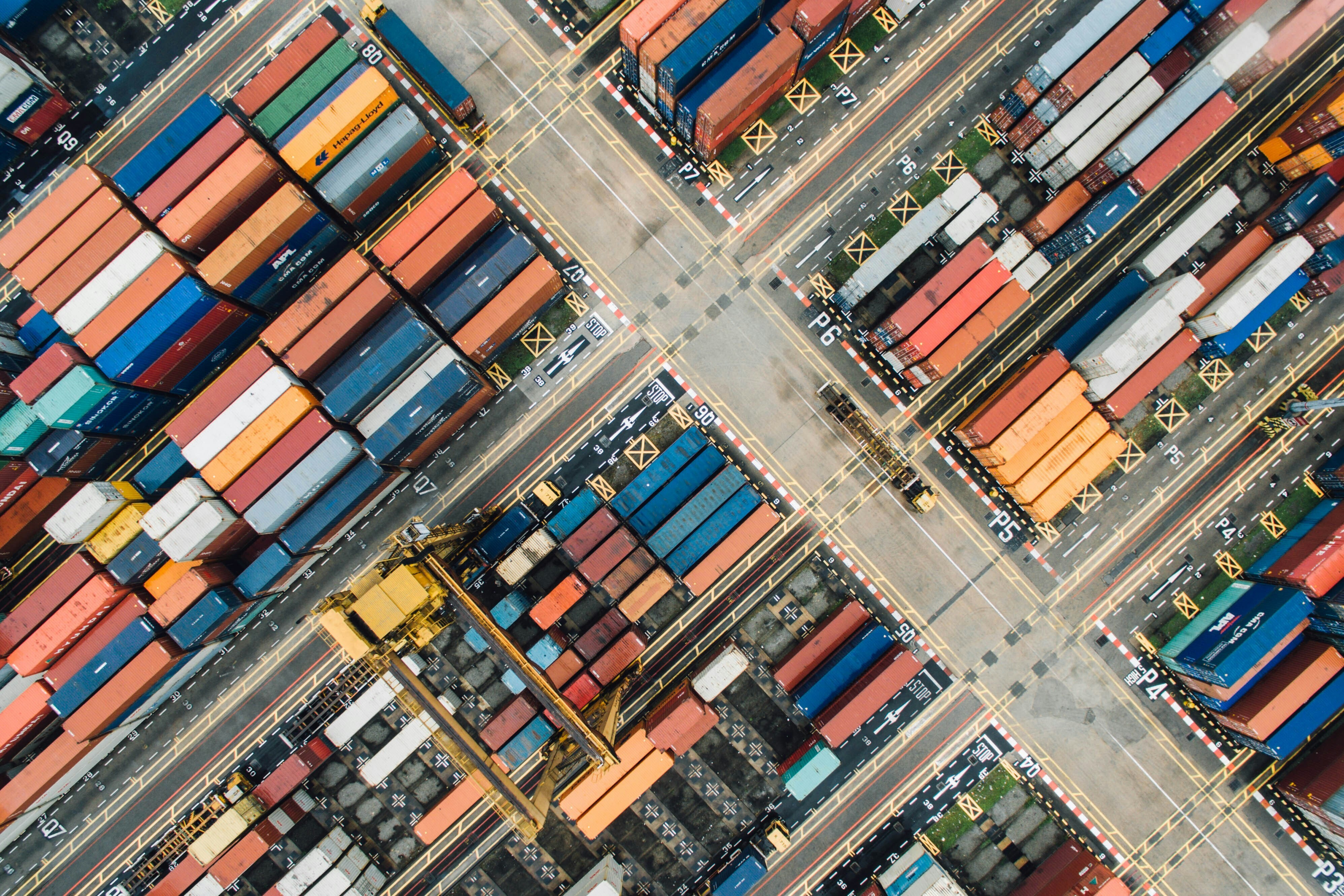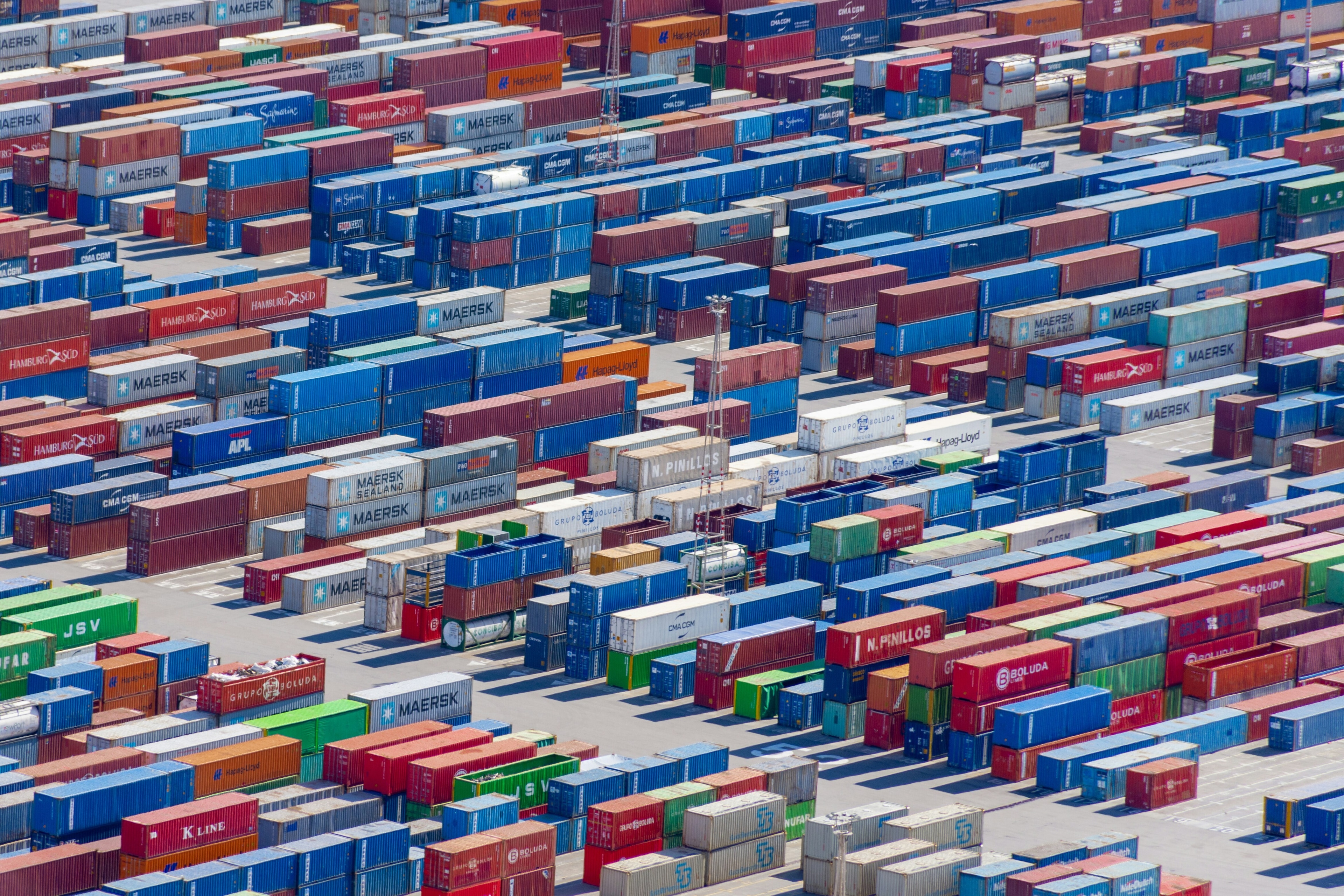AI will have profound implications on manufacturing. Here's how to capitalize on it

As AI proliferates and new use-cases are found, industries like manufacturing are set to experience profound changes. Image: Sebastian Kahnert/REUTERS
- As AI proliferates, manufacturing is set for a disruption on the scale of the dawn of automation in the 1950s.
- In order to capitalize on this effectively, it's important to dispel myths and bolster general understanding around what AI is — and what it is not.
- We must not let mythological fears about the rise of AI impede potentially revolutionary explorations.
The manufacturing industry has not witnessed substantial innovation since the 1950’s, a period marked by the popularization of industrial automation within factory settings. Social reorganization and a shifting labor force ensued, given the impact of mass production on a rapidly burgeoning consumer economy.
AI has been evolving in incremental leaps since the late 50's to early 70's, and Industry 4.0 is marked by an explosion in innovation across all divisions of commerce, supported by the introduction of advanced technological agents into manufacturing facilities. Throughout history, manufacturing has remained a primary motivating force for social, economic and political change; the adoption of innovative new AI models into the factory gives us hope for substantial improvements within each of these spheres, with humanitarian concerns at the helm of the next industrial revolution.
Unpacking the black box of AI
Following AI’s integration across nearly every sector of industry, it is important to draw distinctions between various models, the intentionality behind their deployment and how recent advancements are supporting a more sustainable and equitable global ecosystem. These technologies are often dizzyingly powerful, and we must ensure that knowledge is not reserved only for those with technical backgrounds. Encouraging discourse for broad understanding allows us to dispel fears about the rise of AI and encourages responsible regulation without strict limitations that will impede the discovery of innovative, benevolent uses. We must be prepared for each possible outcome; the most apt way to do so is through dissemination of knowledge — unpacking the metaphorical black box to the best of our ability.
Outside of the public domain, new AI applications are emerging from existing uses, branching off from their initial purposes and adapting to meet the requirements of different disciplines.
Perhaps the most topical system that has captured the attention of the public and AI authorities alike is OpenAI’s ChatGPT — an algorithm embodying a tremendous leap in the progression of Large Language Models (LLM’s), which function similiarly to popular generative AI platforms. These are machine learning algorithms typically deployed for natural language processing (NLP) functions such as producing and categorizing text, machine translation and generating language that flows in a colloquial, convincing manner. The differentiating characteristics of generative AI, LLMs and foundation models are still blurry, and not unanimously agreed upon by AI practitioners, but all can be implemented for purposes of generating useful output.
LLM’s are advantageous in a manufacturing setting as industrial control mechanisms; they can be trained using human-legible information such as language prompts to comprehend how systems operate. This allows them to adapt their knowledge from different contexts to control industrial processes, as opposed to directly learning from those processes themselves — a method referred to as “pseudo transfer learning.” These novel uses would not have been discovered without daring, dedicated experimentation amongst researchers. However, such explorations should not be conducted haphazardly.
How is the World Economic Forum creating guardrails for Artificial Intelligence?
Ethics at the heart of AI transformation
Ethical considerations extend beyond the factory floor to encompass broader societal impacts. Environmental sustainability must remain a core ethical pillar in AI-driven manufacturing; AI-enabled predictive maintenance can optimize machinery, reducing energy consumption and waste. Furthermore, by optimizing supply chains and production processes, AI can minimize environmental footprints, contributing to a more sustainable future.
There appears to be a pattern in the collective opinions of AI magnates. Warnings are hierarchical — they are coming from the top down, not the bottom up. These towering figureheads have amassed a wealth of knowledge about AI and their perspectives are not to be discredited. However, they are often not working closely with the minutia of the systems on a routine basis. If one is not directly involved in building AI, it is much easier to envision a future fraught with turmoil — an archetypal post-apocalyptic society that is throttled by superintelligent, malicious machines. It is important to instill in the mind of the public that not all models are created with the same intention, and many evolve unexpectedly. A development in one architecture can have profound implications beyond its original intent, but these may not be realized without purposeful explorations, investigation into the wide variation in their suitability for certain tasks.
Responsible AI in manufacturing necessitates a collaborative effort among policymakers, industry leaders, technologists, ethicists and the public. Governments need to enact comprehensive regulatory frameworks that promote ethical standards and ensure accountability in AI development and deployment. Industry stakeholders must prioritize responsible guidelines in AI research and development, integrating ethical impact assessments throughout the product lifecycle.
We must not let mythological fears about the rise of AI impede potentially revolutionary explorations. The best-informed ways to encourage further development of helpful machine learning algorithms should involve convening AI practitioners who are experienced in their discipline alongside lawmakers. AI has emerged as a transformative force within the manufacturing sector, revolutionizing operations, enhancing efficiency and propelling advancements at an unprecedented pace.
However, the rapid merging of AI into manufacturing raises critical ethical considerations that demand immediate attention. As we navigate this technological frontier, the convergence of ethical principles with AI deployment becomes imperative to ensure responsible innovation and sustainable progress.
Capitalizing on the potential of AI
The total integration of AI into manufacturing processes offers immense potential for innovation and progress, promising to bring about autonomous factories that will liberate humans from hard toil to work on projects that are aligned with their intellectual and creative capabilities. With these thrilling prospects, ensuring ethical AI practices must be a foundational principle guiding such tremendous growth.
The convergence of technological advancement with ethical considerations is not just a moral obligation but a necessity to build a sustainable and inclusive future. By embracing ethical AI principles, we can harness the transformative power of technology while safeguarding human dignity, fostering equality and preserving our planet for generations to come.
Don't miss any update on this topic
Create a free account and access your personalized content collection with our latest publications and analyses.
License and Republishing
World Economic Forum articles may be republished in accordance with the Creative Commons Attribution-NonCommercial-NoDerivatives 4.0 International Public License, and in accordance with our Terms of Use.
The views expressed in this article are those of the author alone and not the World Economic Forum.
Stay up to date:
Future of Manufacturing
Forum Stories newsletter
Bringing you weekly curated insights and analysis on the global issues that matter.
More on Manufacturing and Value ChainsSee all
Caroline Narich, Maria De Miguel, Jessika E. Trancik and Christine Gschwendtner
November 12, 2025






